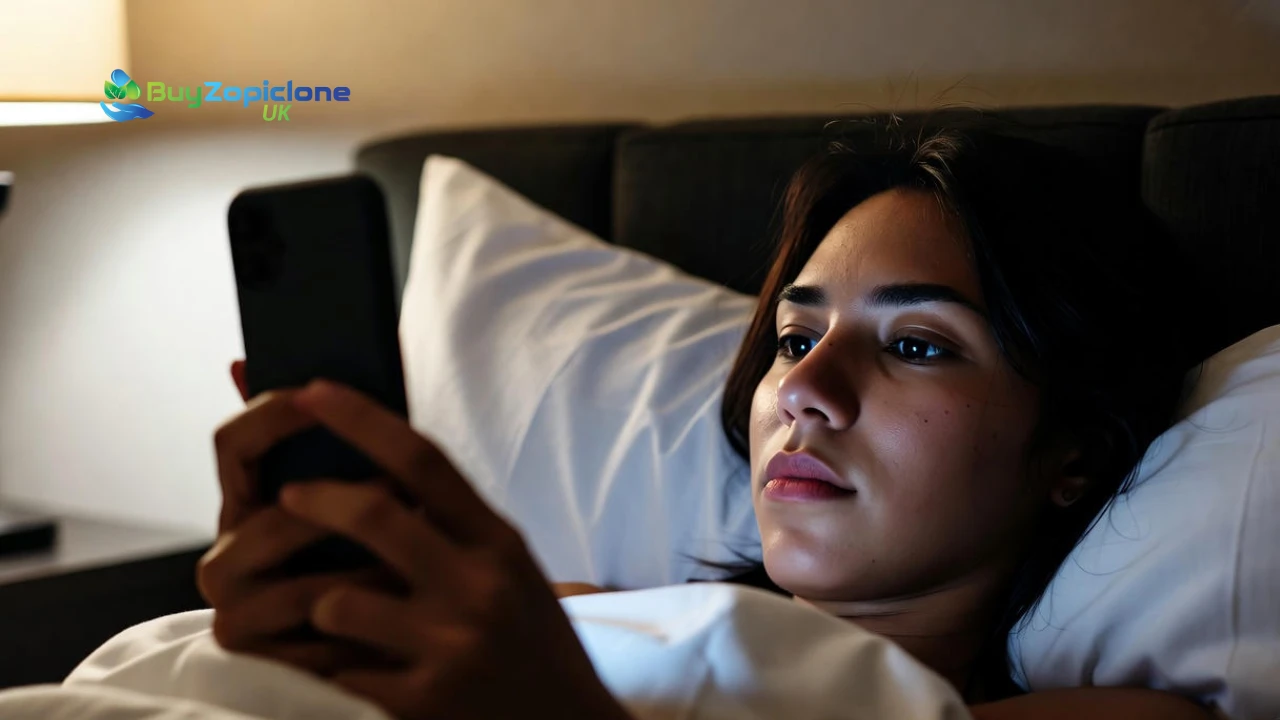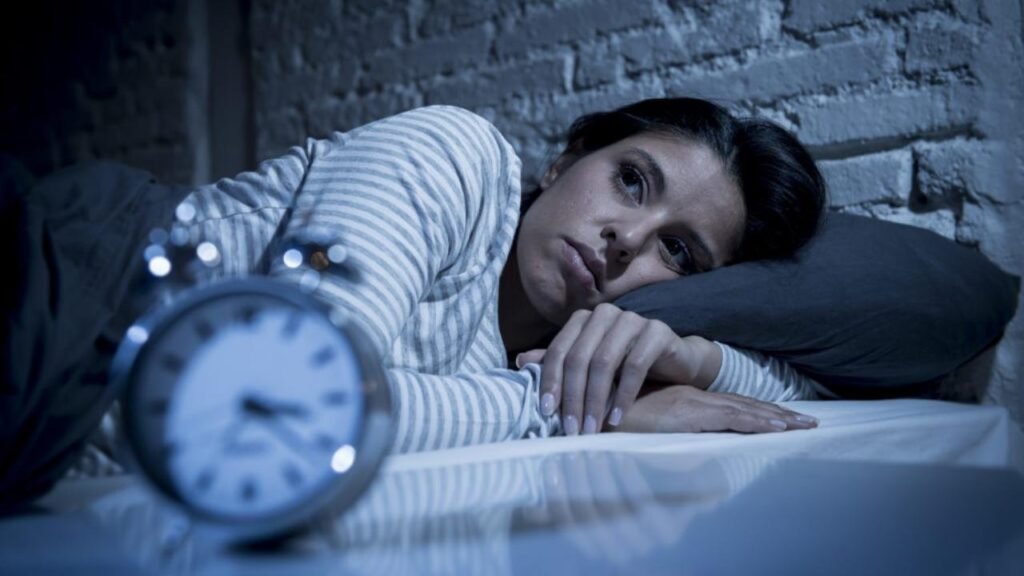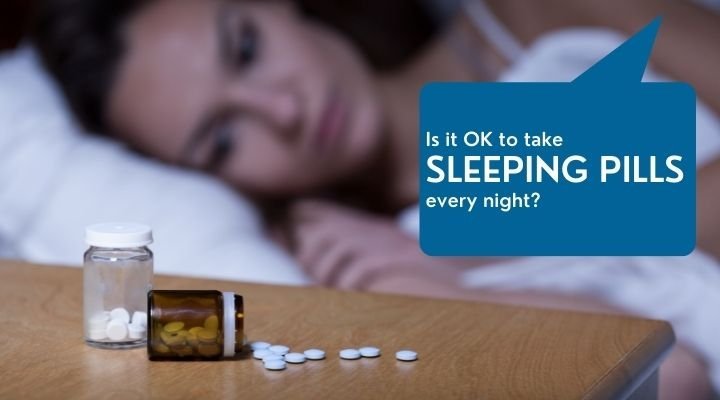Have you ever found yourself scrolling through your phone late at night and struggling to fall asleep afterward? You’re not alone. In today’s digital world, screens are everywhere — from smartphones and tablets to laptops and TVs — all emitting something called blue light. While this light may seem harmless, it can significantly impact your sleep quality and overall health.
In this article, we’ll explore the effects of blue light on sleep, why it disrupts your rest, and how you can protect yourself for better, deeper sleep.
What Is Blue Light?
Blue light is a type of high-energy visible (HEV) light that comes from both natural and artificial sources. The sun is the main natural source of blue light, which helps regulate our body’s circadian rhythm — the internal clock that controls when we feel awake or sleepy.
However, excessive blue light exposure at night from electronic devices can confuse our brain, tricking it into thinking it’s still daytime. This confusion leads to difficulty falling asleep and poorer sleep quality.
How Blue Light Affects Sleep
When it gets dark, our brain produces melatonin, a hormone that signals it’s time to sleep. But when you use screens close to bedtime, the blue light emitted by these devices suppresses melatonin production, delaying your body’s natural sleep cycle.
This disruption explains how blue light affects sleep — it keeps your brain alert and awake even when your body is ready to rest. Over time, this can cause blue light sleep problems like insomnia, restlessness, and irregular sleep patterns.
Common Sources of Blue Light
You may be surprised by how much blue light you’re exposed to daily. Common sources include:
- Smartphones and tablets
- Computer and laptop screens
- LED and fluorescent lights
- Televisions
- E-readers and gaming devices
Even a glance at your phone during the night can disrupt your sleep rhythm, especially if the brightness is high or the screen is positioned close to your face.
Also Read: Sleeping Pills UK Next Day Delivery
The Hidden Effects of Blue Light Exposure at Night
Beyond sleep loss, continuous blue light exposure at night can have other health effects. Studies suggest that chronic disruption of melatonin can lead to:
- Increased risk of mood disorders
- Reduced alertness during the day
- Weakened immune system
- Higher stress and anxiety levels
Sleep is essential for repairing the body, boosting immunity, and supporting brain function. When blue light and sleep don’t mix well, your overall well-being can suffer.
How to Reduce Blue Light Sleep Problems
The good news is that you can easily limit your exposure and improve your sleep quality. Here are some simple yet effective steps:
1. Use Blue Light Filters or “Night Mode”
Most modern devices include a night mode setting that reduces blue light emissions by adding a warm, yellowish tint. Turn it on automatically after sunset.
2. Avoid Screens Before Bed
Try to avoid using electronic devices for at least one hour before bedtime. Instead, unwind by reading a physical book, meditating, or listening to calming music.
3. Wear Blue Light-Blocking Glasses
These glasses filter out harmful wavelengths, making them perfect for people who spend long hours in front of screens.
4. Keep Your Bedroom Dark
Use blackout curtains, dim lights, and avoid any device that emits blue light near your bed.
5. Consider a Sleep Aid (If Necessary)
If you still struggle to fall asleep due to irregular sleep patterns or anxiety, certain sleep aids like Zopiclone can help restore a healthy sleep cycle. Always consult a healthcare professional before use.
If you’re struggling with sleep despite reducing screen time, follow these NHS tips for better sleep to build healthier nighttime habits.
Benefits of Managing Blue Light Exposure
When you reduce blue light exposure at night, you’ll likely notice:
- Falling asleep faster
- Deeper, more restful sleep
- Improved mood and energy levels
- Better concentration during the day
It’s all about creating the right environment for your body to naturally relax and prepare for rest.
Conclusion
In our screen-filled lives, understanding the effects of blue light on sleep is essential for better health. By taking small steps — like limiting screen time before bed and using night filters — you can minimize blue light sleep problems and enjoy the deep, restorative rest your body needs.
Remember, while modern technology makes life easier, balance is key. Protect your sleep, and you’ll protect your overall well-being.
Also Read: Buy Zopiclone 7.5 mg Tablets UK | How Does it Treat Insomnia?





